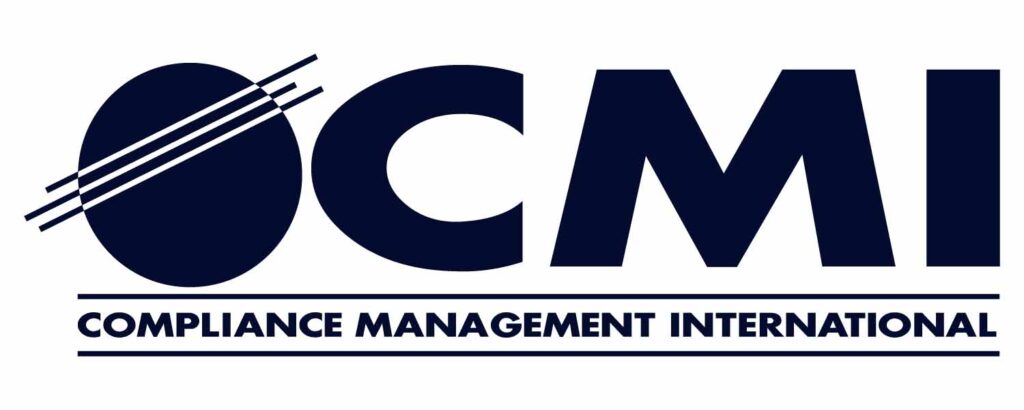It’s February and we’re celebrating everything heart related. Valentine’s Day, Singles Awareness Day, a month to change the heart of your smoke detector, and most importantly a month to get that annual checkup from your doctor. We also want to take this time to talk about the level of heart disease and heart attacks in construction workers.
According to the American Heart Association, approximately 211,000 construction workers (1 in 25) have been diagnosed with cardiovascular disease. If you’re on a job and there are a lot of workers who are over the age of 40, that number could be higher. Heart problems not only costs insurance companies and employees a lot of money, they also costs the companies these people work for. Whether it’s a field employee or someone in the shop, if an employee is out of work the company’s productivity slacks. In addition, morale goes down and employees get stressed because someone has to take on the work that the person was doing or they have to hire and retrain someone to do that job. So, what are the risk factors for construction workers:
- 1 in 4 are obese.
- It’s not very often we see a construction worker open their lunch box to a healthy salad with fresh fruits for dessert. Snacks are usually a bag of chips, package of cookies or something similar along with a soda or sweet drink of some type.
- Pay attention to what you take for lunch. Working on a full stomach usually slows us down because our bodies are trying to digest and metabolize the food we just ate. Look into better options for lunches and snacks. Watch what we eat at home and look at the other 3 risk factors here.
- 1 in 4 use tobacco.
- The “ines” (nicotine, caffeine, etc. …) as much as we enjoy them, are not good for us. The obvious part is the smoke gets in the lungs with the tar and other things that cause difficulty breathing, which causes strain on the heart. The “ines” cause a narrowing of the arteries and capillaries in our body which interferes with the transfer of oxygen to our body, but also reduces blood flow which increases blood pressure. And, transitioning to the caffeine, that “ine” constricts the blood vessels causing them to expand and over and over. As a weightlifter lifts weights to build muscle and harden the pecs, those blood vessels are getting their workout and become hardened – ever heard of hardening of the arteries? Yep – that’s it.
- Almost 50% don’t get enough exercise.
- What! You mean all this work I do all day is NOT exercise? Well, it’s a type of exercise but it’s not what we need. When we work, we do things and stop, do things and stop. We climb to the next level and stop and then repeat the process doing something and stopping and doing it again. Real exercise is designed to get your heartrate up and keep it there for a certain amount of time. Now, a disclaimer – DO NOT START AN EXERCISE PROGRAM WITHOUT CONSULTING YOUR MEDICAL PROFESSIONAL! Aerobic exercise is probably the easiest program to start because that is simply walking or riding a bicycle. According to Medical News Today, an aerobic exercise session involves warming up, exercising for at least 20 minutes and then cooling down. Some of the benefits are improving muscle strength (heart, lungs, etc. …), lowering blood pressure and improving circulation.
- 1 in 25 have diabetes.
- I’m preaching to the choir here – I’m a type 2 diabetic for the last 20+ years. Look at #1 above regarding the obesity. Pay attention to what you eat. Lower your sugar intake and get the exercise. Diabetics are more likely to develop heart problems because of the sugar and when our kidneys keep trying to get rid of the sugar, it overworks them and can lead to kidney failure. Some people have diabetes because our bodies can’t process the insulin our bodies produce. Some people have it because the pancreas can’t keep up with the sugar and carbohydrates our body has to process. And, a mistake I made was using granola or protein bars for snacks – pay attention to the sugar in those too.
Some of you younger folks on the job may think their heart is great and this doesn’t apply to them. Well, it’s never too early to talk to your doctor, especially if you, have a family history of heart problems. Get ahead of it!
And what can you do in the meantime? If you’re healthy and meet the guidelines, hit up your local blood bank and DONATE a pint! Blood is always needed for trauma, routine surgeries and a lot of other medical necessities.
Written by: Michael Brantley



